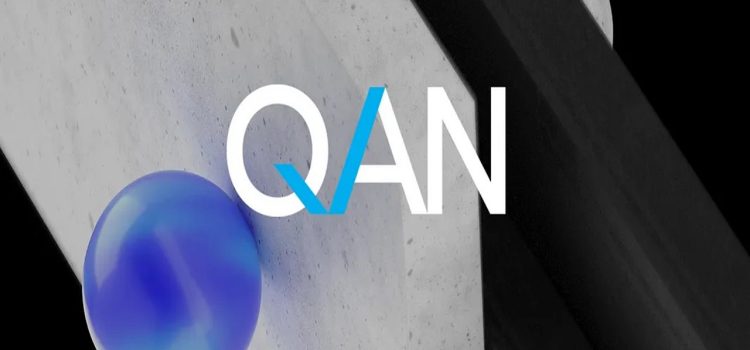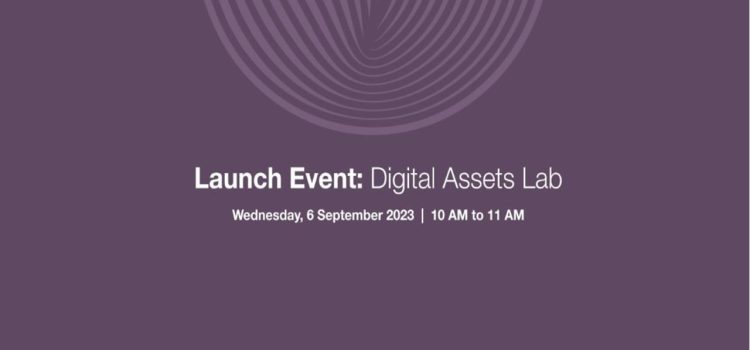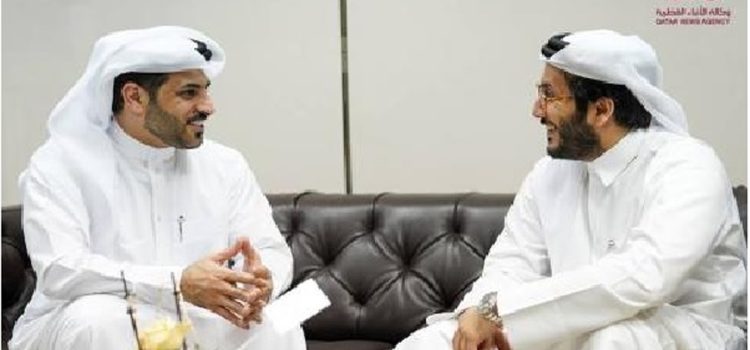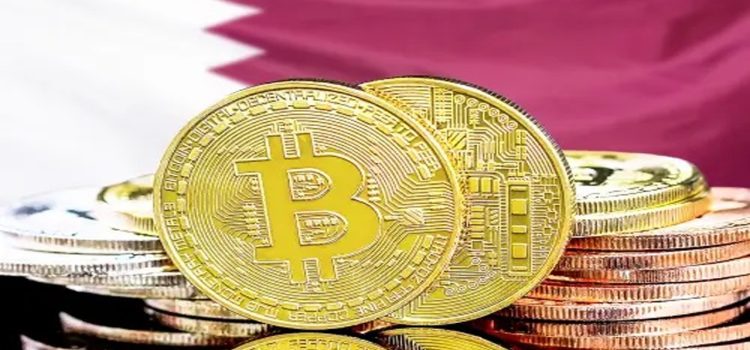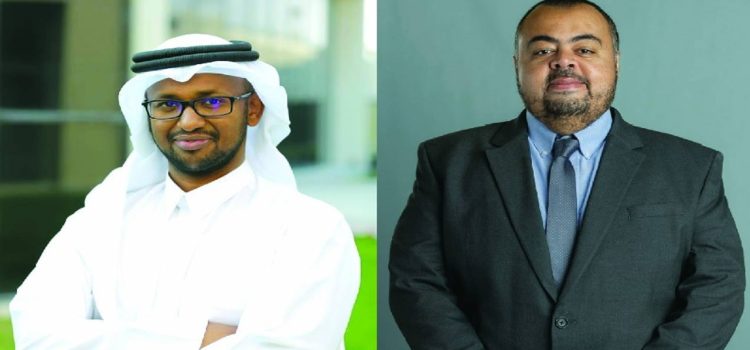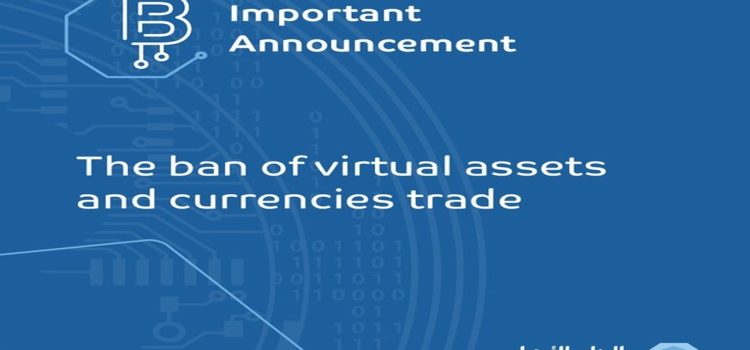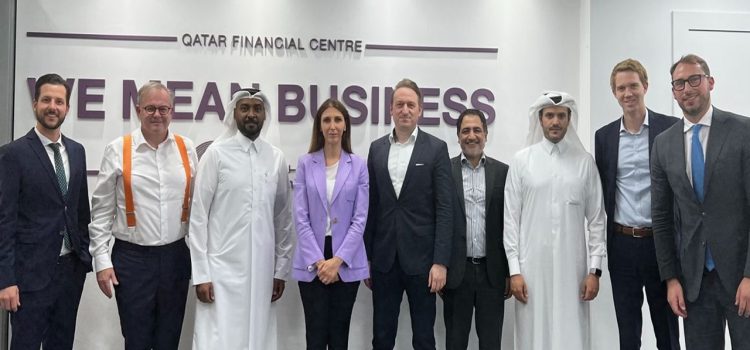
The QAN platform unveiled its private blockchain on September 12th 2023. The platform which is both quantum resistant and compatible with Ethereum’s EVM received support from Qatar ruling family member H.E. Sheikh Mansoor Bin Khalifa Al Thani.
In a privately held partner event prior to the public launch of QANplatform, H.E. Sheikh Mansoor Bin Khalifa Al-Thani, Member of the Qatari Ruling Family, Chairman of MBK Holding, and former ICT Director for The Council of The Qatar Ruling Family Affairs stated, “We always evolve but not everyone leads the way. I’m proud to support the introduction of a cutting-edge deep tech project, such as QANplatform, in the Gulf region and on the global market.”
According to launch blog, “ QANplatform has unveiled the world’s first private blockchain that is both quantum-resistant and compatible with Ethereum’s EVM, while also enabling developers to code smart contracts in any programming language. The NIST-recommended primary post-quantum algorithm has been foreseen and integrated into the quantum-resistant QAN Private Blockchain. This integration enhances the security of blockchain solutions built on the platform, rendering them resilient against potential attacks from quantum computers.”
QANplatform’s multi-language smart contracts,allows over 26 million new software developers are able to enter the Web3 space.
QANplatform is developing a hybrid blockchain. The launch of the QAN Private Blockchain marks the first step, followed by the Public TestNet this autumn and the QAN Public Blockchain’s expected release by late 2023.
With its three IPs (Intellectual Property): Lattice-based post-quantum cryptographic algorithm implemented in Go programming language, Multi-language Smart Contracts, Rapid Cloud Platform Deployment, and other unique features, QANplatform is ushering in a new era for Web3 operating systems and blockchain mass adoption.
According to its creators the QANplatform will be resistant to quantum computer attacks.
The National Institute of Standards and Technology (NIST) plays a critical role in the field of post-quantum cybersecurity by providing leadership and guidance in the development of cryptographic standards and algorithms that can resist attacks from quantum computers. NIST announced their first post-quantum security standards on the 5th of July, 2022. NIST recommends CRYSTALS-Dilithium as the primary algorithm for quantum-resistant signatures — the same algorithm QANplatform has been chosen in 2021, one year before NIST’s announcement and is using through QAN XLINK, an Ethereum EVM-compatible cross-signer for post-quantum transactions. For robust enterprise and government blockchain use cases such as digital identity or CBDCs, it is essential to build them on quantum-resistant blockchain infrastructures from the very first point.
Johann Polecsak, Co-Founder and CTO of QANplatform explained, “Designing a private blockchain that addresses both future challenges, such as quantum attacks, and current market issues, like high entry barriers for developers and enterprises, presented a significant and complex undertaking. Additionally, ensuring Ethereum compatibility to facilitate the onboarding of existing solutions onto the QANplatform added to the intricacy of the task. I am proud of the QANplatform team for achieving these milestones as a global pioneer. I am eagerly anticipating the opportunity to showcase the initial use cases of our partners operating on the QAN Private Blockchain.”
“We are looking forward to building our first use cases on the QAN private blockchain that will add value to Alpine, starting with Alpine Esports.” — said Guillaume Vergnas, Head of Esports, Gaming & Web3 at Alpine.
While Dym Budorin, Co Founder and CEO of Hacken stated, “The quantum threat is a real issue that can’t be neglected by the web3 community. I’m happy to see that the QAN private blockchain is addressing this issue. We are proud to be part of the celebration of the first milestone.”








